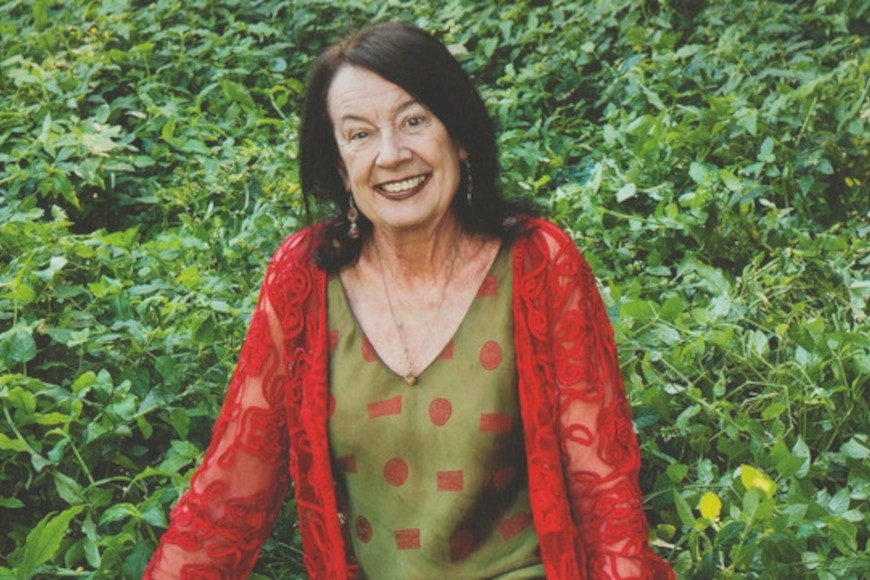The International Centre of Nonviolence (ICON) at the Durban University of Technology (DUT) hosted a webinar on Exploring Continuing Patterns of Historical Violence in South Africa via Microsoft Teams on Thursday, 21 April 2022.
The webinar was part of ICON’s Webinar Series aligned with their slogan, ‘advancing transformative change towards peaceful societies in Africa and beyond’. It was facilitated by the ICON Director, Crispin Hemson and led by Mary de Haas, the renowned Violence Monitor and Analyst. The main organisers of the event were ICON’s Dr Simone Plug and Ms Dudu Shabane.
Welcoming the guest, Hemson indicated that this was the first ICON webinar of the series of webinars that are yet to take place.
“We asked Mary de Haas to speak because of her considerable expertise and knowledge of what has happened over the years in terms of violence in KwaZulu-Natal, in particular in political violence and the ways the violence has persisted up to the present. I am not sure if people saw but a prominent ANC member in Durban was murdered in the last few days. She will help us to understand what are the forces that work, how is this happening and how is it that what we thought was an apartheid problem that would end with apartheid is with us now,” said Hemson.
He revealed that the one reason that ICON exists is not simply to pursue academic issues but to contribute through that to the reduction and minimisation of violence in the global society. Prior to de Haas’ address, guests shared a few points on what attracted them to attending the webinar.
Delivering her address, de Haas stated that she will be covering most of the issues raised when discussing the continuities of violence and how they relate to the past, which was one of the main issues raised.
“Historically, South Africa is a very violent society. It didn’t all start in the 1970s or 80s. If you look back, there is a long history of prison gangs in South Africa. Prison gangs, the 26, 28 and others have been integral to the violence when it started politically. I want to stress that poverty does not necessarily mean violence. I mean, there’s poverty all over Africa, but the levels of violence in poor areas are not necessarily anywhere near the levels of violence in South Africa. But of course, when you group people into slums and ghettos you will find a culture of criminality that tends to fuel gangs. The townships historically were very violent with gangsterism,” said de Haas.
She indicated that violence was not new but was a product of the of the type of powerlessness that was brought about. De Haas stated that the apartheid government criminalised people by arresting them for petty offences which inculcated the culture of criminality. She also pointed out that what people do not realise is that apartheid was also an organised crime syndicate, saying they were dealing in ivory and rhino horn all over Africa. She added that they were also disseminating drugs in the townships, especially the coloured and Indian townships, to neutralise the struggle against apartheid. In the 90s, de Haas stated she noticed that the organised crime syndicate was spreading in the black areas.
Furthermore, de Haas spoke about the recent attack on foreign nationals accusing them of distributing drugs which she stated was not a new phenomenon as there are also locals of all races distributing drugs.
“This whole Operation Dudula is misplaced. The Nigerians are part and parcel of it so are a lot of foreigners. In fact, there was an article in the Africa Confidential about drug dealing before 1994 in Africa and some of the people in exile were involved and some of the African leaders’ children were involved. So it’s not a new phenomenon. These organised crime syndicates fuel violence because they pull people into a drug addiction and they steal to feed their habit,” said de Haas.
She further discussed the cause of political killings and the criminality within the current government.
Her thought-provoking address was followed by discussions on how South Africa could end the continuing violence.
In conclusion, Hemson thanked de Haas for sharing her knowledge.
Pictured: Mary de Haas.
Credit: Mail&Guardian
Simangele Zuma

